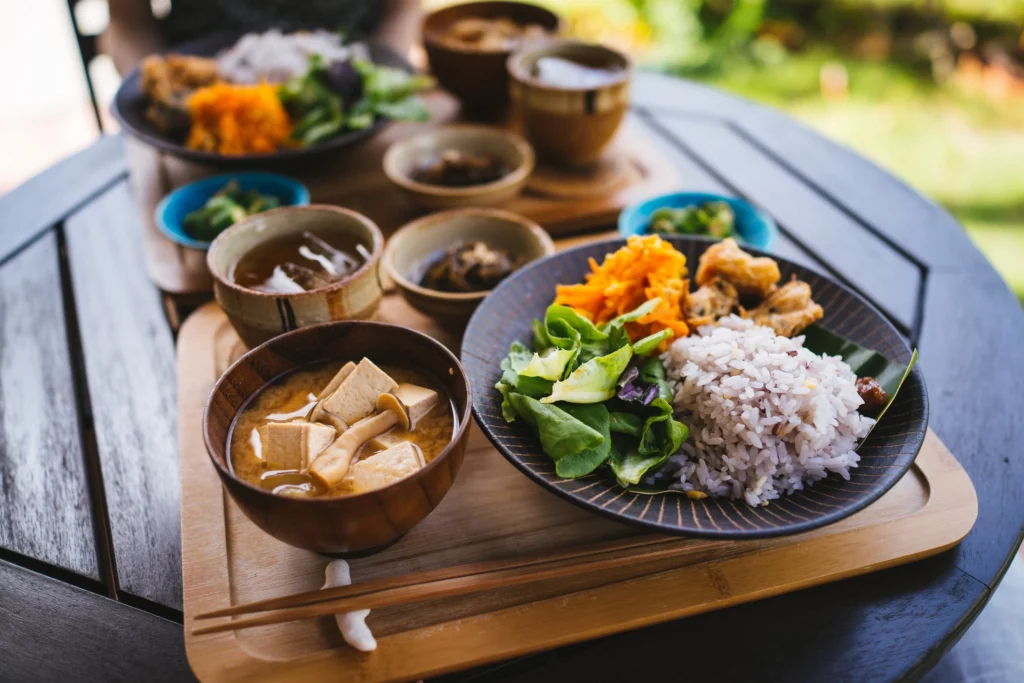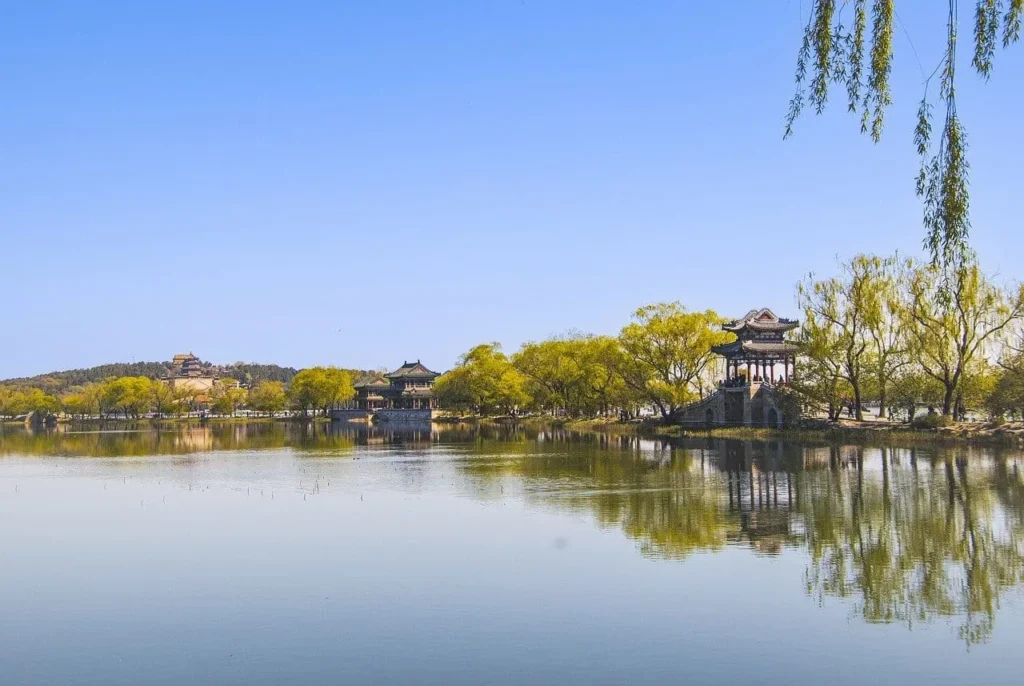The Okinawan diet is a traditional way of eating that originates from the Japanese island of Okinawa. Known for its longevity and low rates of chronic diseases, the Okinawan diet has been studied extensively by researchers looking to unlock its secrets to living a longer, healthier life.
The Okinawan diet is primarily plant-based, with a focus on consuming a wide variety of fruits, vegetables, whole grains, and legumes. Fish and soy products are also staples in the Okinawan diet, while meat and dairy are consumed in small amounts. The diet is low in calories compared to Western diets, but high in essential nutrients, antioxidants, and fiber.
One of the key factors contributing to the health benefits of the Okinawan diet is its high consumption of vegetables. Okinawans typically eat a wide variety of colorful vegetables, which are rich in vitamins, minerals, and antioxidants that help protect against chronic diseases such as heart disease, cancer, and diabetes. The high fiber content of these vegetables also aids in digestion and promotes satiety, leading to better weight management.
Another important component of the Okinawan diet is the inclusion of foods rich in omega-3 fatty acids, such as fish and soy products. Omega-3s are known for their anti-inflammatory properties, which can help reduce the risk of inflammation-related diseases such as arthritis, heart disease, and certain types of cancer. Additionally, the high protein content of fish and soy products helps support muscle growth and maintenance, as well as overall health and well-being.
The Okinawan diet also emphasizes mindful eating practices, such as eating slowly and in moderation. Okinawans typically stop eating when they are 80% full, a practice known as “hara hachi bu.” This helps prevent overeating and promotes better digestion, as well as weight management.
Research has shown that following the Okinawan diet can lead to numerous health benefits, including a reduced risk of heart disease, stroke, cancer, and diabetes. In fact, Okinawans have one of the highest life expectancies in the world, with many individuals living well into their 90s and beyond.
In conclusion, adopting the principles of the Okinawan diet can help you live a longer, healthier life. By focusing on consuming a variety of colorful fruits and vegetables, incorporating omega-3 rich foods like fish and soy products, and practicing mindful eating habits, you can reap the benefits of this traditional way of eating. So why not give the Okinawan diet a try and see how it can transform your health and well-being?


